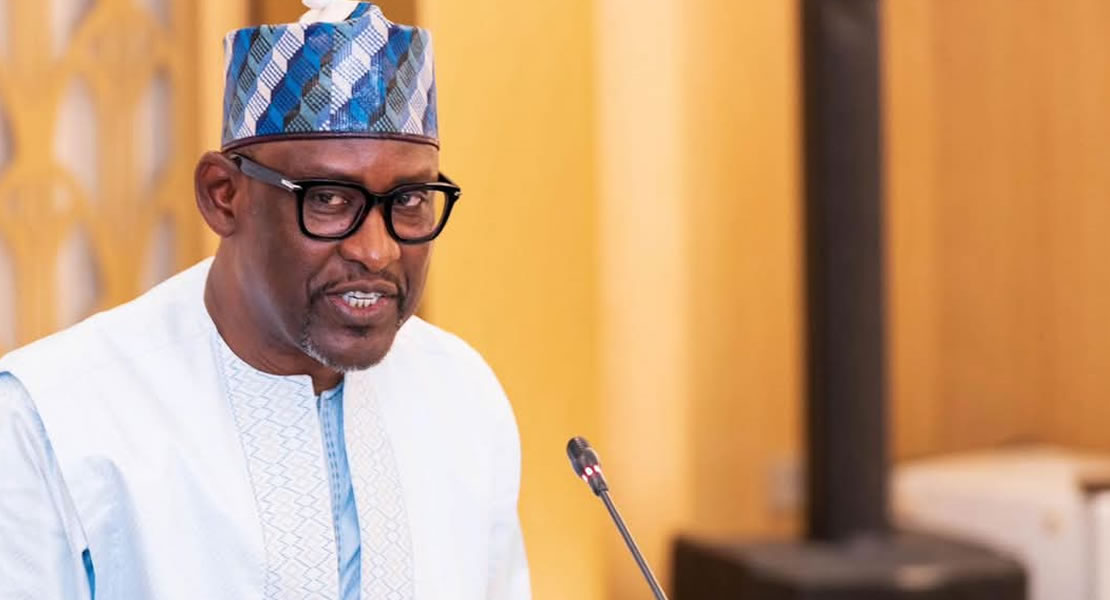
The Third Deputy Speaker of the Economic Community of West African States (ECOWAS) Parliament, Alexander Kwamena Afenyo-Markin stirred one of the most poignant exchanges at the Crans Montana Forum as he raised critical concerns about Mali’s ballooning security expenditure and the rationale behind the country’s withdrawal from the ECOWAS bloc.
Addressing a panel featuring regional leaders and foreign ministers, Afenyo-Markin first commended Mali’s Foreign Minister for his declaration that “the peace of Mali means peace for Niger, Burkina Faso, and Morocco.”
He acknowledged the country’s ambition to chart a path of economic self-determination, citing its potential in agriculture and internal capacity- building. However, he queried the sustainability of spending 25% of the national budget on security, especially in a context of shrinking economic prospects.
“Spending a quarter of your budget on security is not sustainable in the long term,” he stated.
“What efforts is your government making to bring political actors to the table to negotiate peace and foster national reconciliation, which are critical to realizing the economic aspirations of the Malian people?”
He further probed whether Mali’s exit from ECOWAS reflected a deeper mistrust in the bloc’s peace and conflict resolution mechanisms, questioning the logic behind withdrawing from a regional community that has historically prioritized dialogue and integration.
The response from Mali’s Foreign Minister was both passionate and pointed.
“It is not about sustainability. It is about survival,” the Minister retorted. “Without that 25% allocation to security, I wouldn’t be here. Mali wouldn’t be here. We are under attack by Al- Qaeda and Daesh. We receive no external support. We are alone.”
He defended the government’s actions, asserting that Mali was not neglecting development, but rather pursuing a “multi-track” approach that includes agricultural investment, industrial growth, and infrastructure – despite the burden of security costs.
The Minister also addressed Afenyo-Markin’s inquiry about dialogue and reconciliation. He cited Mali’s 2021 National Dialogue and a subsequent “Inter-Malian Dialogue” which outlined a roadmap for peace and development. According to him, Mali is intentionally “domesticating” its peace process, refusing to allow its stability to be dictated from foreign capitals like Paris or Washington.
Turning to ECOWAS, the Minister laid out a searing critique of the bloc. He accused it of violating the spirit of integration and solidarity by imposing illegal sanctions, closing borders, and contemplating military action against Niger following the recent change in leadership there.
“When an organization that is supposed to protect me becomes the platform used to attack me, then I cannot trust it with my sovereignty,” he said, framing ECOWAS’ recent actions as being “instrumentalized by external actors”.
He argued that Mali, Niger, and Burkina Faso’s collective resistance to ECOWAS interventions stemmed from a deep-seated fear of losing their sovereignty to an institution that had, in his words, “attacked its own DNA.”
The exchange indicated the fragile state of regional diplomacy and trust within West Africa, at a time when insecurity, coups, and contested legitimacy are reshaping geopolitical alliances.
Kwaku Sakyi-Danso/Ghanamps.com